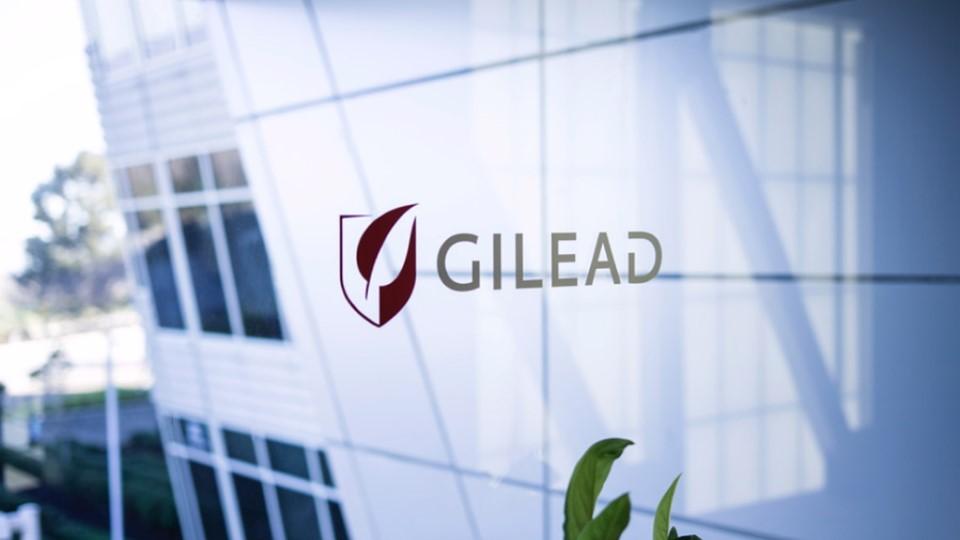Gilead, Arcus say TIGIT combo encouraging in GI cancer

Gilead and Arcus’ efforts to rebuild confidence in TIGIT as a drug target for cancer immunotherapies have shuffled forwards again, with new data showing signs of efficacy in a combination regimen used for previously untreated upper gastrointestinal (GI) cancers.
Preliminary data from an arm of the EDGE-Gastric/ARC-21 study showed that a regimen of Gilead’s anti-TIGIT domvanalimab with Arcus’ PD-1 inhibitor zimberelimab and chemotherapy achieved “encouraging” response and progression-free survival (PFS) data.
The findings suggest an improvement on standard PD-1 plus chemo treatment in patients with locally advanced unresectable or metastatic gastric, gastroesophageal junction (GEJ), or oesophageal adenocarcinoma, according to the two partners.
There was an objective response rate (ORR) of 59% overall with the triple therapy, including two complete responses in the 41-patient arm of EDGE-Gastric, and a six-month PFS of 77% overall.
The greatest benefit was seen in patients whose tumours expressed high levels of PD-L1, with an ORR of 80% and six-month PFS of 93%, which for those with low levels of the biomarker came in at 46% and 68%, respectively.
Gilead and Arcus said that the data shows that adding the TIGIT drug to the regimen conferred a benefit regardless of PD-L1 status, with a similar safety profile to the current treatment standard.
Bristol-Myers Squibb’s PD-1 drug Opdivo (nivolumab) and MSD’s rival Keytruda (pembrolizumab) are approved with chemotherapy for first-line use in upper GI cancers, with the former cleared for use in patients regardless of PD-L1 status and the latter used for PD-L1-positive patients only.
Keytruda is also approved for first-line use alongside chemo and trastuzumab in HER2-positive gastric and GEJ cancers.
Gilead and Arcus are already running the phase 3 STAR-221 trial of their combination as front-line therapy for upper GI cancers, and reckon domvanalimab has the potential to be the first TIGIT-targeting drug to reach the market for this group of patients.
Meanwhile, the companies have three additional ongoing phase 3 studies of domvanalimab-based regimens in lung cancer, including STAR-121, ARC-10, and PACIFIC-8, after reporting what they said were “clinically meaningful” results with the combination in the ARC-7 trial at this year’s ASCO congress.
They are competing with the likes of Roche, MSD, and BeiGene in the race to bring TIGIT drugs through to regulatory approval, but expectations for the class have been pegged back by a series of lacklustre trial results, including two study failures for Roche’s tiragolumab.
Gilead and Arcus entered into a $2 billion alliance in 2021 in which Gilead exercised options on four drug candidates, including domvanalimab, follow-up TIGIT AB308, adenosine A2a/A2b receptor antagonist etrumadenant, and small-molecule CD73 inhibitor quemliclustat.
Etrumadenant flunked a clinical trial in castration-resistant prostate cancer (CRPC) earlier this year and was dropped for that indication, but remains in testing for colorectal cancer in combination with domvanalimab and zimberelimab, with results due next year.













